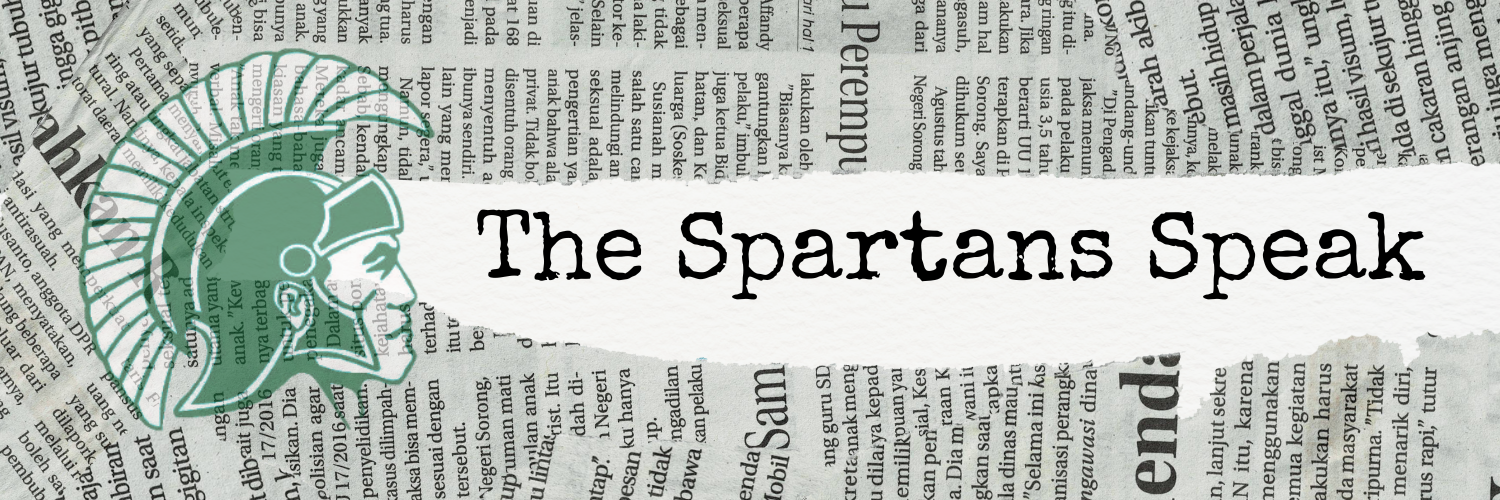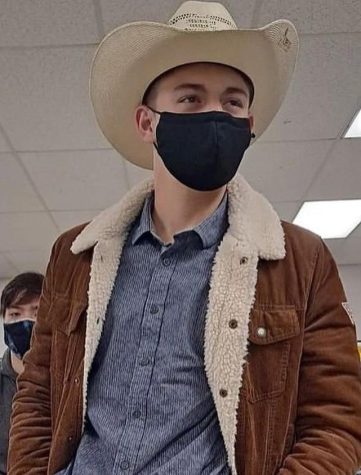Rittenhouse ‘not guilty’ but not a hero
December 7, 2021
On Aug. 25, 2020, then 17-year-old Kyle Rittenhouse shot three people at a BLM protest in Kenosha, Wis. Of those three people, two died and the other was injured.
During his recent murder trial, Rittenhouse and his defense team argued that the shots were fired in self-defense, and on Nov. 19, a jury agreed. Rittenhouse was found not guilty on all charges.
Like just about everything else these days, the verdict was polarizing. Many people on the right view Rittenhouse as a vigilante hero while many on the left see him as a villain who unfairly evaded justice.
Who Kyle Rittenhouse truly is lies somewhere in the middle of these views. Simply put, Rittenhouse is neither a hero nor a murderer.
While what took place in Kenosha could legally be called self-defense, morally, Rittenhouse was in the wrong. By showing up in Kenosha as part of a militia group, he set in motion the events that would eventually lead to the deaths of two people.
Simply stated: militias are not an effective method of enforcing justice. They don’t have the training of the police and are often not nearly as organized. More often than not, they escalate situations. By choosing to participate in a militia, Rittenhouse put both himself and others in grave danger.
Rittenhouse made another inane decision by choosing to separate from his group. By doing so, he made the choice to police a large-scale protest as a lone, untrained vigilante. This act made him vulnerable to an attack from Joseph Rosenbaum, who lunged at Rittenhouse in a parking lot. Rittenhouse then fired four shots at Rosenbaum, killing him.
Although this was indeed self-defense, you must put yourself in the shoes of someone attending that protest who witnessed, or simply heard, that shooting.
Picture this. It’s night, it’s loud, and there are fires ablaze. It’s hard for you to understand or see everything that is taking place around you. Then, out of nowhere, you hear gunshots go off, and a man falls to the ground. The person who shot him is brandishing an AR-15, wearing gloves, and is not a member of law enforcement.
Whether or not that shooting was in self-defense, or an act of terrorism, you don’t know. All you know is that a shooting has just taken place.
Given this, and the fact that mass shootings are extremely common, it is not unreasonable to suspect that you’re in an active shooter situation.
So, can we blame Anthony Huber and Gage Grosskreutz for attempting to chase down Rittenhouse after he shot Rosenbaum? We can’t know of their intentions for certain, but all the above factors put their actions into perspective. For all they knew, they were possibly caught in the middle of a mass shooting.
It should also be noted that Huber and Grosskreutz had not previously threatened or attempted to intimidate Rittenhouse. The only instance of them attempting to attack him took place after he had shot Rosenbaum.
Rittenhouse knowingly, and foolishly, put himself in an incredibly vulnerable position. Had he stayed in his group, Rosenbaum would’ve likely never had the chance to attack him, and the events at Kenosha would have never happened.
Would Rittenhouse have still been unjustly participating in a militia? Yes, but at the very least, it’s unlikely that anyone would have been killed.
What took place in Kenosha may have legally been self-defense, but Rittenhouse should shoulder a great deal of blame for putting himself in a poor situation that led to him escalating the surrounding protest.
Rittenhouse is neither a hero, nor a murderer. He was a foolish child who, through a series of poor decisions, put both himself, as well as other people, in a great deal of danger.
His actions should not be glorified, rather they should be recognized for what they were: the idiotic and lethal mistakes of an inexperienced teenager whose irresponsible parents encouraged him to play police.


